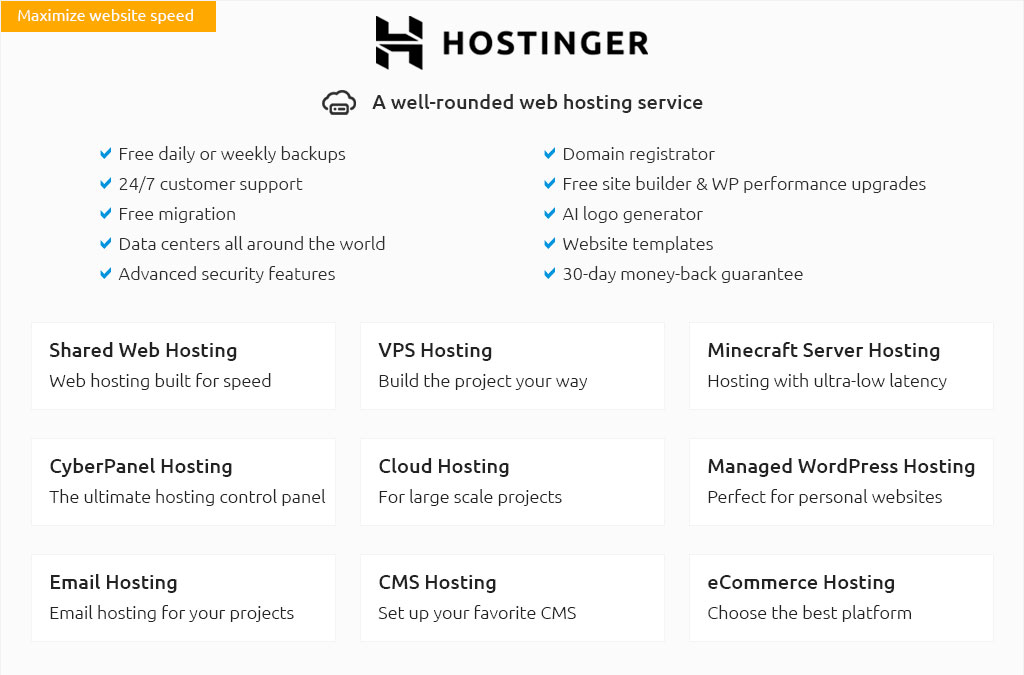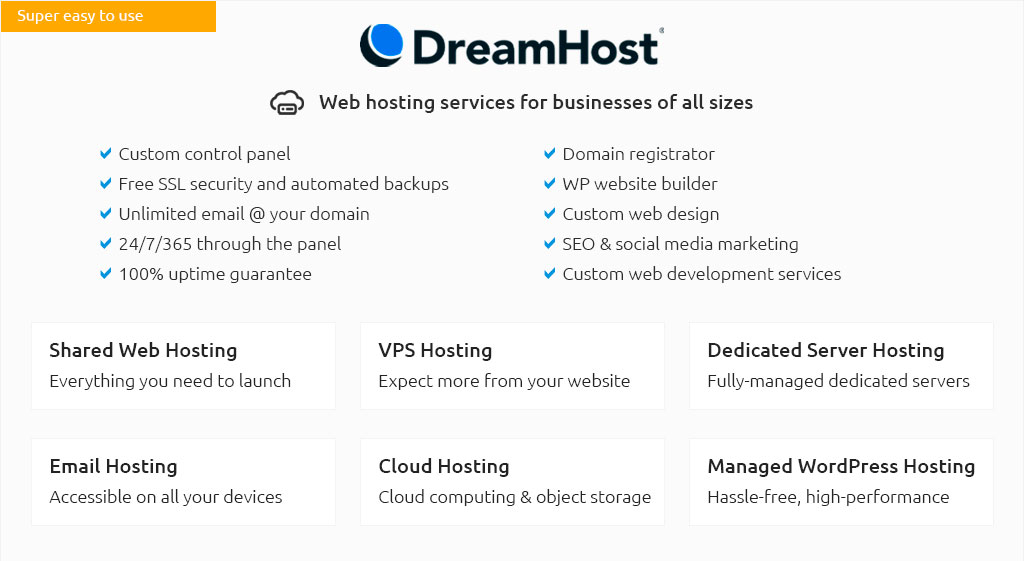 |
|||
 |
 |
 |
|
 |
|
 |
 |
 |
|||
 |
|||
 |
|||
 |
|||
 |
 |
The Intricacies of VPS Private Servers: A Comprehensive GuideIn the ever-evolving landscape of digital infrastructure, understanding the nuances of a VPS private server can prove invaluable. Virtual Private Servers (VPS) have emerged as a robust solution for individuals and businesses alike, providing a balanced combination of performance, security, and cost-effectiveness. But what exactly is a VPS, and why might one opt for this over other hosting solutions? At its core, a VPS is a virtualized server that mimics a dedicated server within a shared hosting environment. This means that while you share the physical hardware with other users, your server space is entirely isolated. This isolation is one of the key elements that distinguishes a VPS from other hosting solutions, such as shared hosting, where resources are communally used. This separation ensures that your server's performance is not adversely affected by others, providing a more consistent and reliable experience. One of the primary benefits of using a VPS is the level of control it affords. Unlike shared hosting, where the hosting provider manages most of the server's aspects, a VPS allows you to have root access. This level of access means you can install your own software, configure settings to your liking, and tailor the environment to meet the specific needs of your applications. This flexibility is particularly beneficial for developers and businesses that require custom configurations. Performance is another area where VPS shines. Due to the dedicated allocation of resources such as CPU, RAM, and disk space, you are ensured a higher degree of performance compared to shared hosting. This is crucial for websites or applications that experience moderate to high traffic, as it ensures that the server can handle the load without compromising on speed or reliability. Security is often a concern when it comes to web hosting, and here, VPS servers offer a distinct advantage. With a VPS, the isolation from other users means that the risk of security breaches is significantly reduced. You also have the ability to implement advanced security measures tailored to your specific needs, providing peace of mind that your data and applications are protected. Cost is always a consideration in any business decision, and while VPS hosting tends to be more expensive than shared hosting, it is considerably more affordable than a dedicated server. This makes VPS an attractive option for small to medium-sized businesses that require the benefits of a dedicated server without the associated costs.
In conclusion, a VPS private server presents a middle ground between shared hosting and dedicated servers, offering a unique blend of control, performance, and affordability. Whether you're a growing business looking to scale your online presence or a developer needing a robust environment for testing and deploying applications, a VPS could be the ideal solution. By understanding the intricacies of VPS hosting, you can make an informed decision that aligns with your technical needs and budgetary constraints. https://www.ibm.com/think/topics/vps
A VPS is a form of multi-tenant cloud hosting in which virtualized server resources are made available to a user over the internet through a ... https://www.liquidweb.com/vps/
A VPS, or virtual private server, is a type of dedicated hosting environment that is virtualized and resides within a server shared with other users. https://cloudcone.com/vps/
SSD VPS 2 - 2 vCPU Cores - 2 GB Dedicated RAM - 26 GB Pure SSD Disk - On RAID-10 Configuration - 2 TB/Mo Bandwidth at 1 Gb/s - 1x IPv4 and 3x IPv6 - Upgradable ...
|